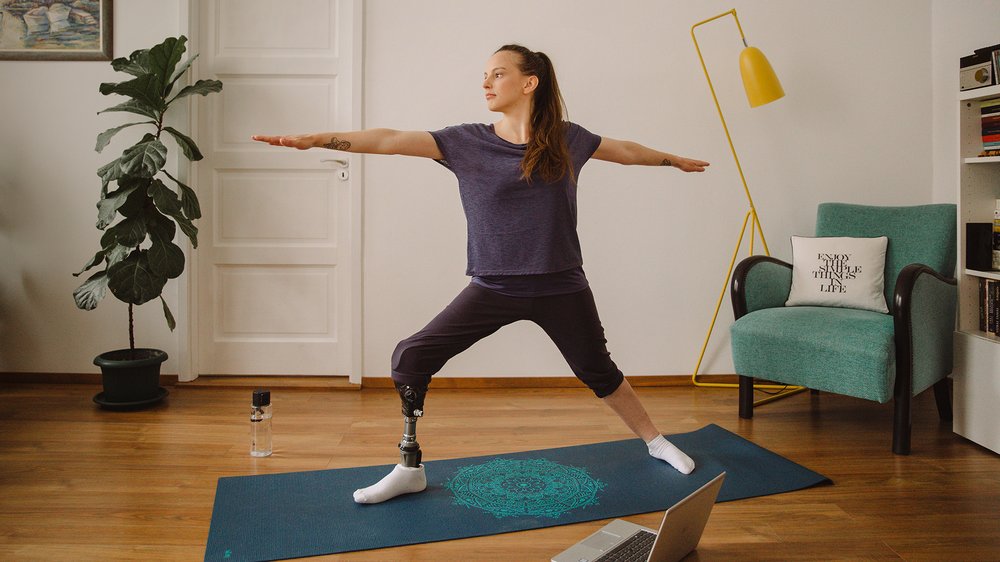How to choose the right sport after an amputation
Getting enough exercise keeps you healthy, fit and happy. You may find it difficult to get back to your everyday life after your amputation. But being physically active can help you increase your self-confidence and better accept your condition or disability. It also offers a great opportunity to be social. Fortunately, there are countless ways to stay active after your amputation – with or without a prosthesis. We are happy to help you choose the right sport for you.
Obviously, your interests, condition and prosthesis determine what you can or cannot do. So, always talk to your doctor or physical therapist first. It is also very important to think about what makes you happy. Always hated to run? Chances are it won’t be very exciting now either. So, think about what you enjoy doing. After all, the possibilities are virtually endless.

Individual or team sports?
Interested in an individual sport or prefer to play in a team? Being part of a team offers the possibility to meet other people with a disability. Volleyball, ice hockey, rugby, basketball and football are good examples of sports that can easily be played in a wheelchair. Most sports also have active associations that make the sport available to the disabled. Prefer individual sports? Good options are cycling, swimming, working out, running or playing tennis.
Interested in something else? Or curious to find out which adapted sports are available in your region? Uniek Sporten – an organisation that helps the disabled find the right sports options in their area – provides an overview.
Playing sports with a prosthesis
If you have recently undergone a leg or arm amputation, it can be challenging to choose a sport that is right for you. Your residual limb may be highly sensitive, as a result of which blows or a hard surface can pose a risk while playing sports. It is therefore advisable to get fitted for a special sports prosthesis, depending on the sport. For example, a standing sport can be challenging with a leg amputation because it requires lots of rotational movements or sprinting, such as with running or skiing. Sitting sports or water sports like swimming can be done with or without a prosthesis.
Residual limb and prosthesis care
More activity also means that you use your prosthesis more intensively and put more load on your residual limb. Movement also makes you sweat more and your prosthesis will get dirty more quickly as a result. Consequently, it will wear out more quickly. So, make sure to care for it properly. Clean all parts thoroughly – especially those that you normally clean.